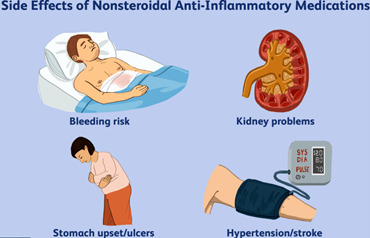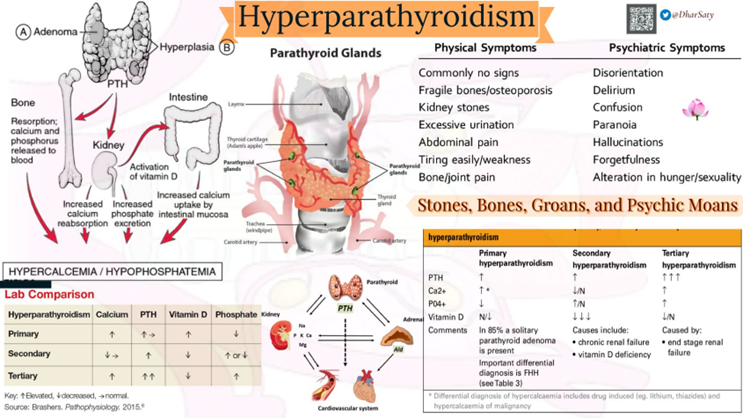A patient with chronic atrophic gastritis was prescribed monthly Cobalamin (B12) injections The determines that teaching regarding the injections has been effective when the patient States:
These injections will increase the hydrochloric acid in my stomach:
The cobalamin injections need to be taken until my inflamed stomach heals.
The cobalamin injections will prevent me from becoming anemic.
These injections will decrease my risk for developing Stomach cancer.
The Correct Answer is C
The correct answer is choice c. The cobalamin injections will prevent me from becoming anemic.
Choice A rationale:
Cobalamin (B12) injections do not increase hydrochloric acid production in the stomach. Chronic atrophic gastritis often leads to decreased production of hydrochloric acid due to the loss of parietal cells, but B12 injections do not reverse this condition.
Choice B rationale:
The need for cobalamin injections is typically lifelong in patients with chronic atrophic gastritis because the condition leads to a permanent loss of intrinsic factor, which is necessary for B12 absorption. The injections are not just until the stomach heals.
Choice C rationale:
Chronic atrophic gastritis can lead to vitamin B12 deficiency due to the loss of intrinsic factor, which is essential for B12 absorption. This deficiency can cause pernicious anemia, and B12 injections are necessary to prevent this condition.
Choice D rationale:
While chronic atrophic gastritis does increase the risk of stomach cancer, B12 injections are not specifically aimed at reducing this risk. The primary purpose of B12 injections is to prevent anemia.
Nursing Test Bank
Naxlex Comprehensive Predictor Exams
Related Questions
Correct Answer is A
Explanation
NSAIDs are known to be a common cause of acute gastritis. Therefore, it is essential for the nurse to ask the patient about their frequency of NSAID use to determine if this may have caused their current symptoms. Other options such as family history of gastric problems, recent weight gain or loss, and amount of fat in the diet, may also be relevant to the patient's overall health status, but they are not as important as the potential cause of their current condition.

Correct Answer is C
Explanation
The patient with primary hyperparathyroidism has high levels of calcium in the blood (hypercalcemia) which can lead to symptoms such as kidney stones, bone pain, and weakness. High urine calcium levels may also be present due to the increased calcium in the blood.
One important intervention for managing hypercalcemia is to encourage fluid intake to promote increased urine output and prevent the formation of kidney stones. Therefore, the nurse should encourage the patient to drink at least 4000 ml of fluids per day.
Seizure precautions (a), range-of-motion exercises (b), and monitoring for positive Chvostek’s or Trousseaus sign (d) are not directly related to managing hypercalcemia and are not necessary in this case.

Whether you are a student looking to ace your exams or a practicing nurse seeking to enhance your expertise , our nursing education contents will empower you with the confidence and competence to make a difference in the lives of patients and become a respected leader in the healthcare field.
Visit Naxlex, invest in your future and unlock endless possibilities with our unparalleled nursing education contents today
Report Wrong Answer on the Current Question
Do you disagree with the answer? If yes, what is your expected answer? Explain.
Kindly be descriptive with the issue you are facing.
